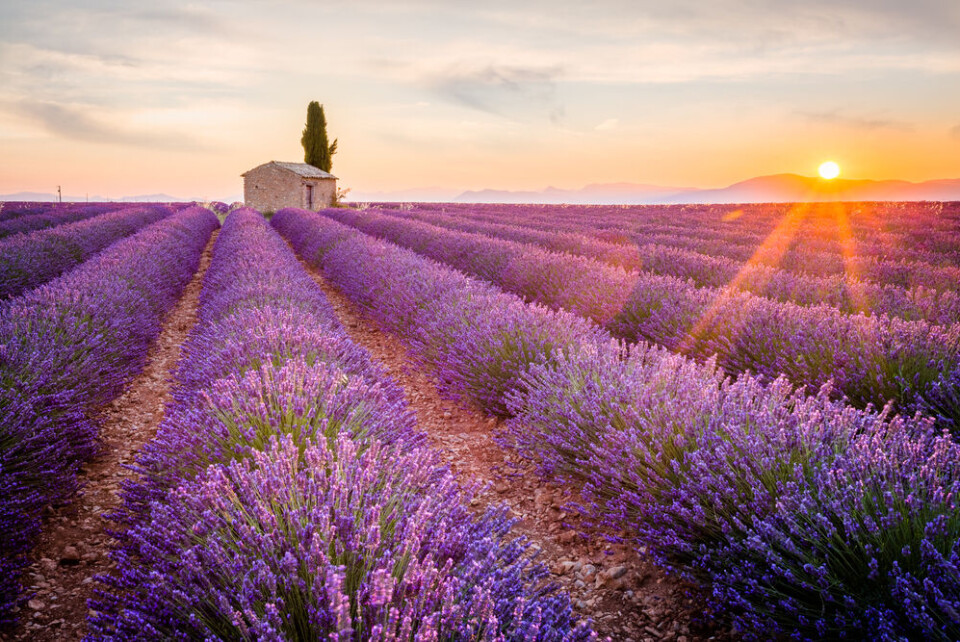-
Pistes closed, confinement orders: Alpine resorts deal with avalanche risk
Increased snowfall this weekend may cause further closures as busy school holiday season continues
-
Former French Interior Minister announces 2027 presidential candidacy
Bruno Retailleau recently asked prefectures to be tough on immigration
-
From Oregon to Brittany: primrose nursery in France celebrates 90th anniversary
Barnhaven Primroses traces its history back to 1930s America
French lavender overproduction puts iconic crop in danger
Farmers of the plant say the crop is no longer profitable due to rising production costs, overproduction and prices that have dropped 60% in three years

Can you ever have too much French lavender? For producers in Alpes-de-Haute-Provence, the answer is yes, after an ‘overproduction’ of the plant has caused prices and farmer profits to plummet.
In three years, the price of the plant has dropped by 60%, with a kilo now costing just €10, even though production costs have doubled.
This is in comparison to €30-35 per kilo just three years ago, when producers say that they could still make a good living by selling the plant. However, this attracted more people to become producers, even far away from Provence, causing the market to plummet.
Today, lavender can even be found growing in Centre-Val-de-Loire, which is much better known for its wheat crop.
Producers say that rising growth has made the plant less profitable with production costs now as high as €20 per kilo.
A producer in Banon, Alpes-de-Haute-Provence, told BFMTV: “At the moment, [lavender] fields like this are not at all profitable.”
Rising energy costs are also partly to blame because of the energy it takes to distil lavender to make essential oils.
The producer said: “We are going to distil in a month and a half. If energy continues to rise, the cost of distillation will also rise."
Some farmers are reducing the size of their lavender crop and even pulling up plants, to avoid losing too much money, as they cannot afford to wait until fuel prices drop and lavender prices rise again.
"Lavender is a crop that needs to be looked after. If you don't take care of it, it will decline, it will disappear on its own,” the producer said.
Related articles
When is the best time to visit France's lavender fields?
Growers in France say EU's labelling plans may destroy lavender fields
























